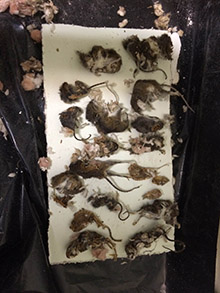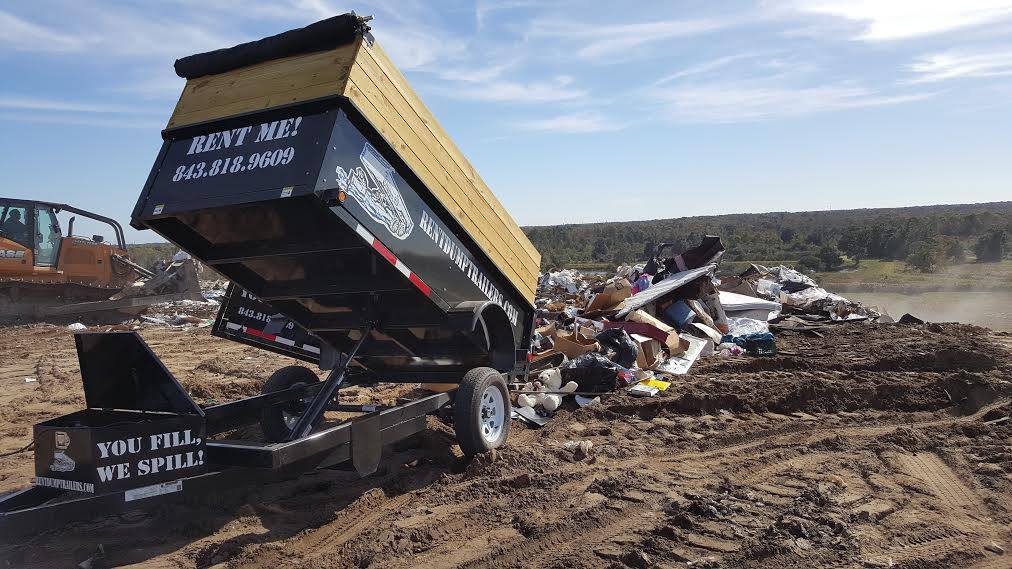What Does Charleston, WV Animal Removal & Pest Wildlife Control Mean?


Charleston Mouse & Rat Control - Barrier Pest Services

Rodent Identification - A Guide To Rodent Control
The 5-Second Trick For Rat Removal in Charleston, SC - Exterminator - Vinx Pest
Foxworth stated that constructional damage is the biggest risk bugs can cause to a house. Some animals can chewing their way through structure vents and crawl area doors. "Raccoons are actually fairly strong," Foxworth included. " Also Found Here can pull a ventif they want to get in there, they can really pull it away from the structure of the home.
"The CDC's not going to have much noted there, however when you're dealing with a rodent, there's no telling where they've been," he said. "They're not extremely picky or particular on where they invest their time." Lots of outside animals serve as an easy transportation for fleas, too. "If you have actually got a raccoon that's coming within your crawlspace or frequenting your attic someplace and they have fleas, it can become a big problem," said Foxworth.

Charleston Wildlife Removal and Prevention - Raccoon, Rodent, Snake Control in South Carolina
Lots of other sources add that fleas are most active throughout the spring and summer season, when the weather condition ends up being warmer. According to Foxworth, furry bugs, especially raccoons, will let their interest get the very best of them, following fences till they find an opening. "Houses that are built along the marsh area are maybe a little bit more susceptible to activity of those kinds of rodents," the expert added.
The Only Guide for Craigslist lubbock services com ,999 (Call 1(800)220-9683
"Raccoons live in many of the United States, consisting of all of South Carolina, with population densities being greater along coastal areas than inland," SCDNR described on the website. "In the ACE Basin, raccoons are discovered near wetlands, consisting of tidal marshes, swamps, and bottomland hardwoods." Foxworth recommends residents regularly examine their home for signs of intrusion to prevent any pest from going into.
"Is your crawlspace door intact? Is there a large opening that would permit something the size of a raccoon or a possum to get to your crawlspace? In doing so, you'll see little things. It might be little chew marks from a rat or a squirrel attempting to get." Kathleen Susol concluded that her issue was solved by reinforcing the framing around the crawlspace and protecting any opening in the attic.

"They're all curious animals," said Foxworth. "When they're out foraging and looking for food, a great deal of times they're following fence lines, they're following the sides of a home or a wall. And if there's something that's open that enables them access, they're going to enter there eventually and that can become a genuine problem.".
